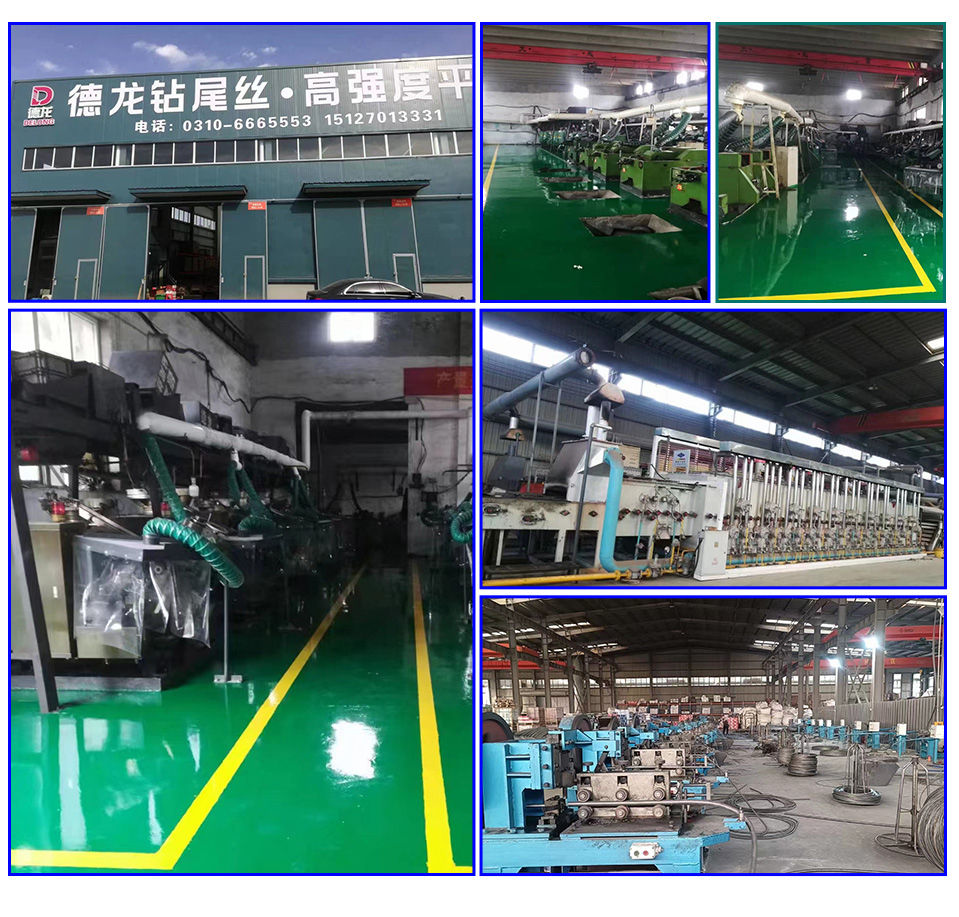Exploring Various Types of Custom Self-Drilling Screws for Unique Construction Applications
Understanding Custom Self-Drilling Screw Types
Self-drilling screws play an integral role in modern construction and manufacturing. Their unique design eliminates the need for pre-drilled holes, enabling faster assembly and improving overall efficiency. Custom self-drilling screws cater to a wide range of applications, offering tailored solutions to meet specific requirements.
What Are Self-Drilling Screws?
Self-drilling screws, often referred to as Tek screws, are fasteners equipped with a drill point on the end. This specialized point allows the screw to drill into the material as it is driven in, making it ideal for use in metal, wood, and various composite materials. The benefits of using self-drilling screws include reduced labor time, simpler installation processes, and a more secure fastening.
Types of Custom Self-Drilling Screws
Custom self-drilling screws can vary greatly based on their design, material, coatings, and intended application. Here are several key types
1. Material Variations - Steel Screws These are the most common type, known for their strength and durability. Carbon or alloy steel is often used to enhance performance, making them suitable for heavy-duty applications. - Stainless Steel Screws For environments prone to corrosion, stainless steel screws are ideal. Their resistance to rust and corrosion makes them suitable for outdoor or marine applications. - Aluminum Screws Lightweight and corrosion-resistant, aluminum screws are often used in applications where weight savings are crucial.
custom self drilling screw types

2. Point Designs - Type 17 Point Designed to cut through materials like wood and metal, the Type 17 point features a sharp, cutting tip that helps reduce friction and allows for cleaner penetration. - Type A Point This point is used for softer materials and is effective in providing a fast starting point when drilling into thicker or harder substrates. - Self-piercing Points These types are designed to pierce thin steel sheets without the need for pre-drilling, making them valuable in fast-paced manufacturing settings.
3. Thread Variations - Fine Thread Ideal for metal-to-metal applications, fine-threaded screws offer greater tensile strength and are less likely to strip. - Coarse Thread Typically used in wood applications, coarse threads provide better holding power and are less likely to snap during installation.
4. Coatings and Finishes - Zinc Plating Commonly applied for added corrosion resistance, zinc plating enhances the longevity of screws, especially in humid environments. - Black Oxide This finish not only provides moderate corrosion resistance but also offers a sleek, aesthetic appeal. - Epoxy and Polymer Coatings Custom coatings can be applied for specific environmental conditions, providing additional protection and extending the lifespan of the screw.
Applications of Custom Self-Drilling Screws
The versatility of custom self-drilling screws allows them to be utilized in various industries. In construction, they are commonly used for securing sheet metal, roofing, and siding. In the automotive sector, they can fasten components in both bodywork and assembly. Manufacturing industries also rely on them for effective fastening solutions in machinery and equipment assembly.
Conclusion
Custom self-drilling screws are vital in enhancing productivity and ensuring strong, reliable fastening in various applications. Understanding the different types, materials, and design features can help professionals select the right screws for their projects. As industries continue to innovate, the demand for specialized fasteners will undoubtedly grow, emphasizing the importance of custom solutions in the fastener market.
-
Top Choices for Plasterboard FixingNewsDec.26,2024
-
The Versatility of Specialty WashersNewsDec.26,2024
-
Secure Your ProjectsNewsDec.26,2024
-
Essential Screws for Chipboard Flooring ProjectsNewsDec.26,2024
-
Choosing the Right Drywall ScrewsNewsDec.26,2024
-
Black Phosphate Screws for Superior PerformanceNewsDec.26,2024
-
The Versatile Choice of Nylon Flat Washers for Your NeedsNewsDec.18,2024










